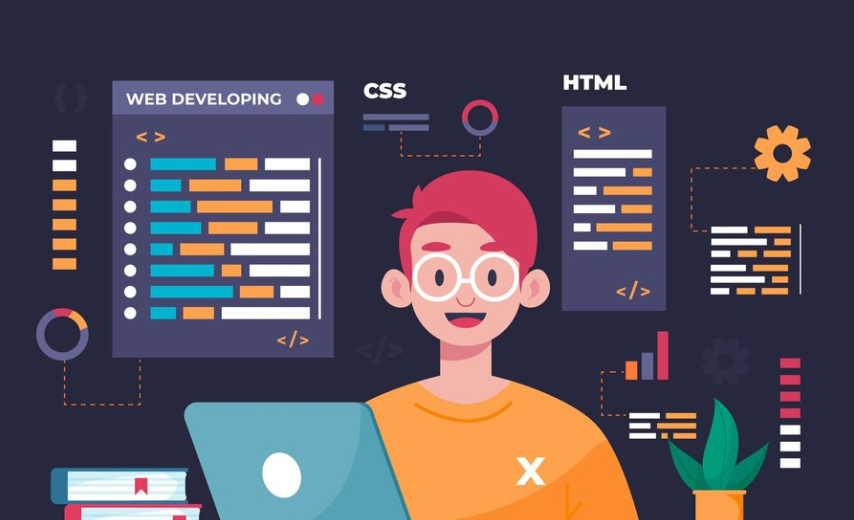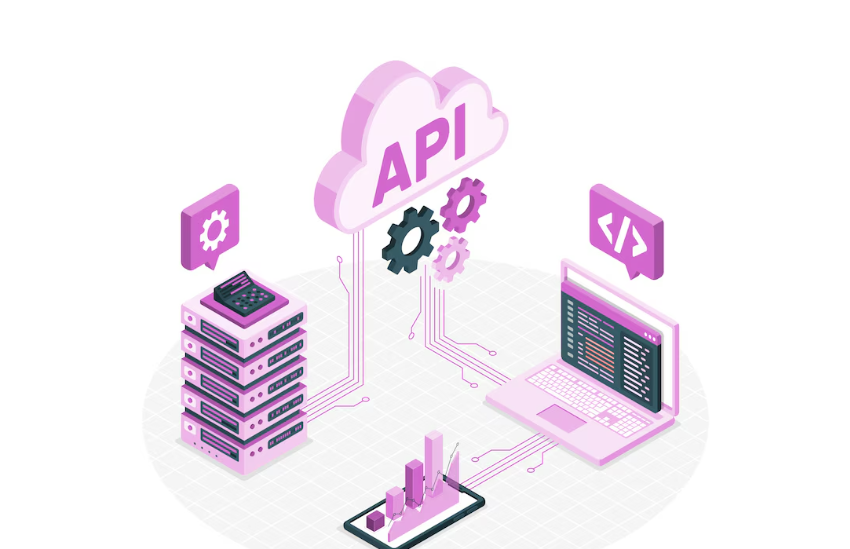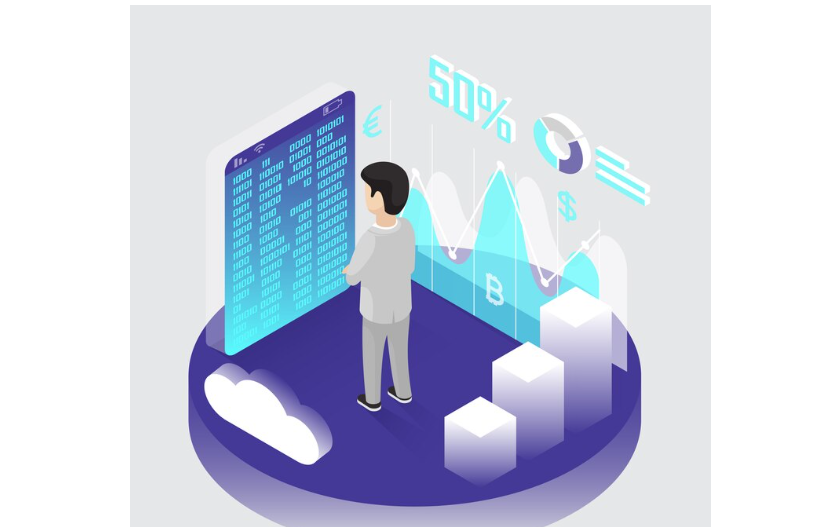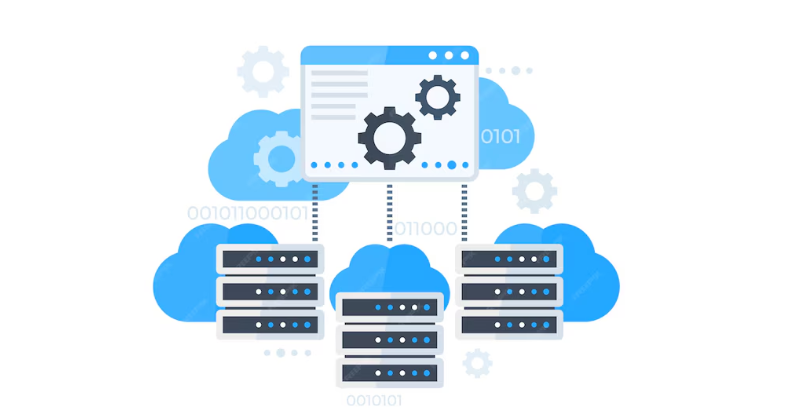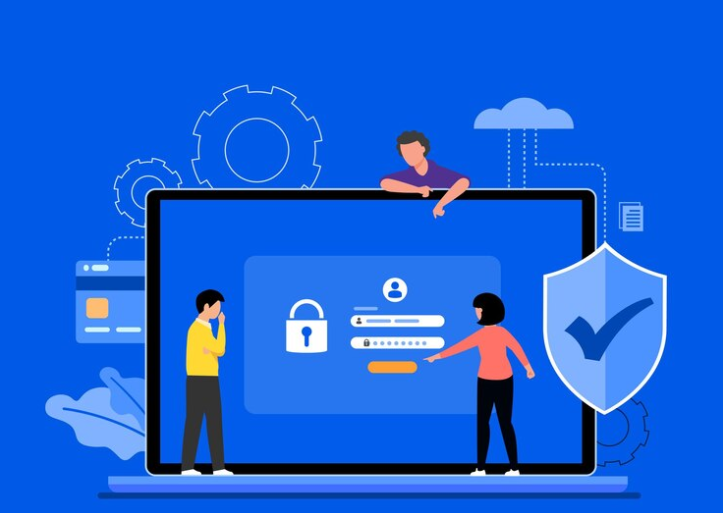Each programming language has pros and cons of its own, and selecting the best one is unquestionably essential to the project’s and company’s success. The long-term objectives and general expectations of the company also play a role in this decision. So how do you select the right programming language for a software solution?
The choice of programming language (or languages) for a given project depends on a number of criteria. The majority of experienced developers already have a toolkit of languages and technologies that they prefer for particular kinds of projects. They still go through a number of questions and project-specific considerations before making a choice.
Questions and Answers which help you to find the suitable programming language for a software solution
Developer teams assist us in reducing the number of options and clearing up our misunderstanding by posing numerous questions regarding the forthcoming development project as well as the features, constraints, and specifications of the different programming languages that are offered.
The project’s intended
- Environment
- Client preference
- Language proficiency
- Learning curve
- Performance expectations
- Ecosystem support
- Vendor support
- Codebase considerations
- Digital community
- Integration with third-party tools
- Language security is a crucial factor to consider.
- The language should meet performance expectations
- Offer proper ecosystem support
- Integrate easily with third-party tools
Here are some of the best programming languages that you can choose to complete your projects:
- Java
- C++
- Python
- Ruby
- JavaScript
- HTML
- TypeScript
- C#
- SQL
- Swift
- CSS
Things You Need To Consider Before Selecting The Right Programming
So how do you select the right programming language for a software solution? When selecting a programming language for a project, you should have a clear objective in mind.
The type of application greatly influences the language selection. What sort of application will you create? Is it an embedded firmware, a mobile application, a web application, etc.? Prior to selecting a programming language for a project. This is the first and most important consideration.
The application’s size or complexity must be taken into account. CMS systems like WordPress (which requires knowledge of PHP) or Umbraco (which requires knowledge of C#) can be used to build small projects like web application forms, portfolio presentations, basic marketing websites, or basic personal blogs, for medium-sized projects like internal enterprise apps, e-commerce websites, and Internet of Things solutions, Java or C# can be utilized.
Web applications, for instance, are ideally suited for object-oriented programming languages. Java or Kotlin work well for Android apps, whereas middle-level languages like C can be utilized for system programming.
Application Type
The languages accessible are greatly influenced by the type of application, ranging from enterprise software to web and mobile apps. The chameleons of the development world, and general programming languages like Java, Python, and JavaScript enable the creation of many app kinds on a range of platforms. Others, on the other hand, are highly project-specific.
Performance and Scalability
How do you select the right programming language for a software solution? Performances the scalability both are important parameters that you must measure. The technology stack has a greater influence on scalability, but the programming languages an application uses have a significant impact on its performance.
Prior Experience as a Developer
Throughout their careers, developers usually work with a variety of languages and come across a wide range of project types. When choosing a language for a new project, development teams should share their own experiences with the list of candidates.
Safety
The security needs for each application are unique. Some apps adhere to more general security regulations, while others may need to comply with stringent laws or codes (such as HIPAA compliance).
Speed of Development
One aspect of language selection that many people overlook is the amount of time needed for code generation. It is essential, nevertheless, if the project calls for a short time-to-market or an accelerated timeframe.
Speed of Execution
More often than not, this is determined by the client’s or end users’ needs. Some clients may prioritize speed, others may have a lot of data that has to be processed, and still others may be constrained by the speed requirements of third-party applications. The team can save development time later by determining this criterion in advance.
Sustainability
Fortunately, vendor support and an entire library system are included with every language and tech stack. To determine what will continue to be supported and up to date for the foreseeable future, developers should consider how frequently a language releases new versions.
Before beginning a new project, development teams should spend time answering these questions with their client and debating among themselves which option is most likely to succeed given the important considerations.
In Summary
You may choose a programming language wisely if you have a list of questions to ask, a list of programming languages, and take into account the many aspects. To select the best language for your project, it’s a good idea to compare them using the aforementioned criteria. You can also add any extra points about how do you select the right programming language for a software solution through the comment section and let us know your opinion.

